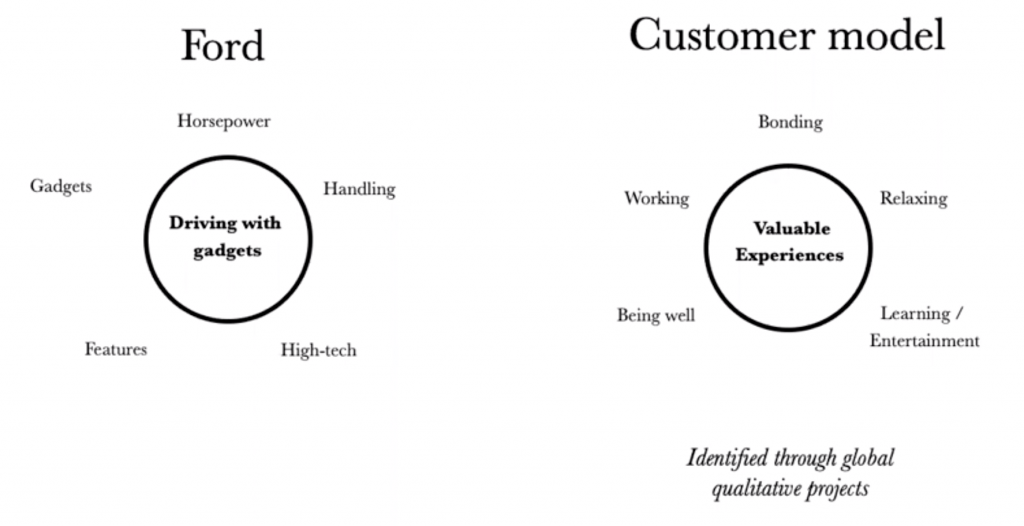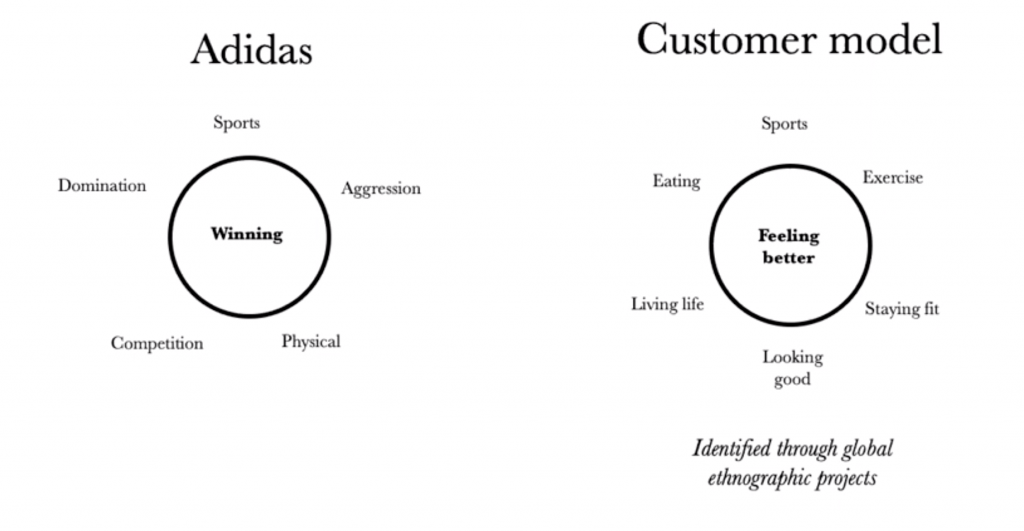Once you start truly understanding people’s behaviour, you will begin to see your business landscape with a new clarity – The Moment of Clarity
It is a widely believed myth, that those with a social science background have no place in the private sector. However, if you take a closer look at any business you’ll see that this simply isn’t true. In a business, the decision making is centred around the customer and their behaviours. If a business understands their customers better, they will make more valuable decisions and make more money. Understanding human behaviour is a cornerstone of social science, and this blog outlines the ways that you, a social scientist, is a valuable asset to any private sector business.
Most businesses are not very good at understanding people
Businesses can tend to have a primitive and narrow understanding of human behaviour. These include misconceptions such as:
- Humans are rational thinking beings
- They can report what they do and why
- They can say what they want and will want in the future
- They have consistent identities
- They act on individual volition
- They can be understood through numbers alone
- Anyone can study people
- My personal experiences are good data
These misconceptions can be attributed to predominant cultural practices in the private sector, for example, the MBA (Master of Business Administration) culture is focused on quant, classic economics & rational actor theory; Engineering culture believes that people constantly want innovation first and then measure its impact and utility etc; Finance culture is governed by numbers, quantification, and measurement. Different areas of the sector have different practices.
A businesses’ inaccurate view of people creates a gap between them business and their customers. In order to close the gap, they need and will pay for social scientists to help them understand their consumers better.
How social scientists changed customer models: A case study of Adidas and Ford
The following is an example of how social scientists design customer models that can help companies understand how their customers think and feel.
Adidas believe that physical exercise is about winning. Where does this come from? Initially, Adidas was staffed by former athletes and caters to athletes. However, times change, and studies by ReD Associates show that physical exercise is simply about “feeling better.” There is less emphasis and importance placed on victory, and instead, it is about creating a healthier approach to life. These insights are very important in informing every step of a product, from its development to its launch and promotion.
Ford and mobility
 There is a gap between how Ford thinks of cars and mobility from normal people. Ford is a company made up of engineers, and they’ve been creating two things: engines and gadgets. The decision making process was based on the belief that their customers cared about ‘active driving’, ‘handling’, ‘new gadgets’ and that people loved power. However, studies show that? people cared much less about dynamic handling and driving, and more about the experience you gain along the way. As a result, research questions moved from: “What gadgets can we add to this vehicle?” into “what experiences can we bring to our passengers?”. These adjustments have greatly helped and improve their product development
There is a gap between how Ford thinks of cars and mobility from normal people. Ford is a company made up of engineers, and they’ve been creating two things: engines and gadgets. The decision making process was based on the belief that their customers cared about ‘active driving’, ‘handling’, ‘new gadgets’ and that people loved power. However, studies show that? people cared much less about dynamic handling and driving, and more about the experience you gain along the way. As a result, research questions moved from: “What gadgets can we add to this vehicle?” into “what experiences can we bring to our passengers?”. These adjustments have greatly helped and improve their product development
What roles can a social scientist take up in the private sector
The following are a few scenarios and examples of what roles a social scientist can have in these specific private sectors:
Engineering/Research and Development/ Software and Programming
Your role could be a social scientist that guides engineers through product strategy, User Experience (UX) or Design teams. You could help correct misconceptions about human behaviour such as:
- People love new gadgets, features, technology. Not exactly, people like things that deliver value and oftentimes stability.
- Offerings can always be improved by adding functionality. Actually, brevity and parsimony are often the better line of action.
- Build the technology or feature first, then figure out how to sell it. Figure out what people need first, then engineer solutions.
- Customer research is about asking them for product requirements. However, the best of customer research is about investigating deeper needs and translating these into product requirements.
Marketing
You could be a social scientist that guides marketing strategies along with customer research, marketing insight, customer experience (CX). You could help correct misconceptions about human behaviour such as:
- People care about our brand. Not exactly, your brand is only relevant to people if its in line with their interests and values
- Conventional marketing works. It is better to do relevant and valuable things you can do for people.
- We know our customers and they’re our personas. Humans are complex cannot be stereotyped.
- We have quantitative data, surveys, and focus groups so we have all the data we need. Hardly the case especially in situations of above-average uncertainty where you need richer qualitative data.
Social scientists, arts, and liberal arts students are more valuable than companies previously thought. In the midst, this transition can be a nerve wracking process especially when one has been in academia for a long time. You should learn more about these different sectors to understand where you can fit in and what can you contribute to the sector as a social scientist. Additionally, you might want to read this blog for insider tips and tricks to help you manoeuvre the private sector as a social scientist.
Find out more about research-to-business events on CareerHub, and don’t hesitate to book a confidential one-to-one careers appointment to discuss any of the above topics or other career-related questions you may have.





